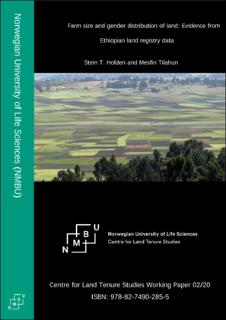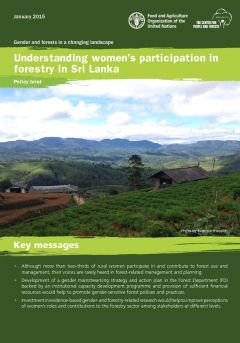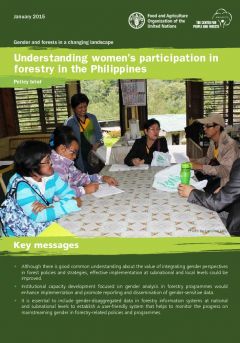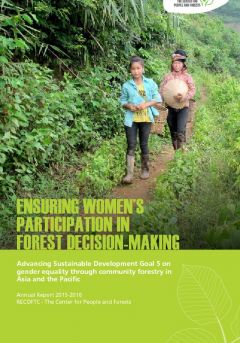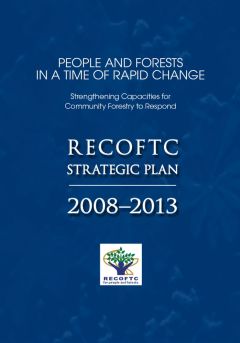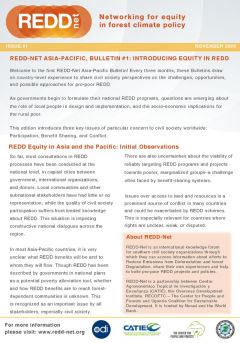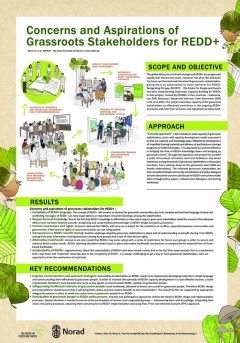Farm size and gender distribution of land: Evidence from Ethiopian land registry data
Land is an essential asset for the livelihood and welfare of rural households in agriculture-based rural economies. This study utilizes land registry data from the First and Second Stage Land Registration (FSLR and SSLR) Reforms that took place in 1998 and 2016 in Tigray region of Ethiopia, the first region in Ethiopia to implement land registration and certification. Second Stage Land Registration and Certification (SSLR&C) provided households with parcel-based certificates with names of all holders.

